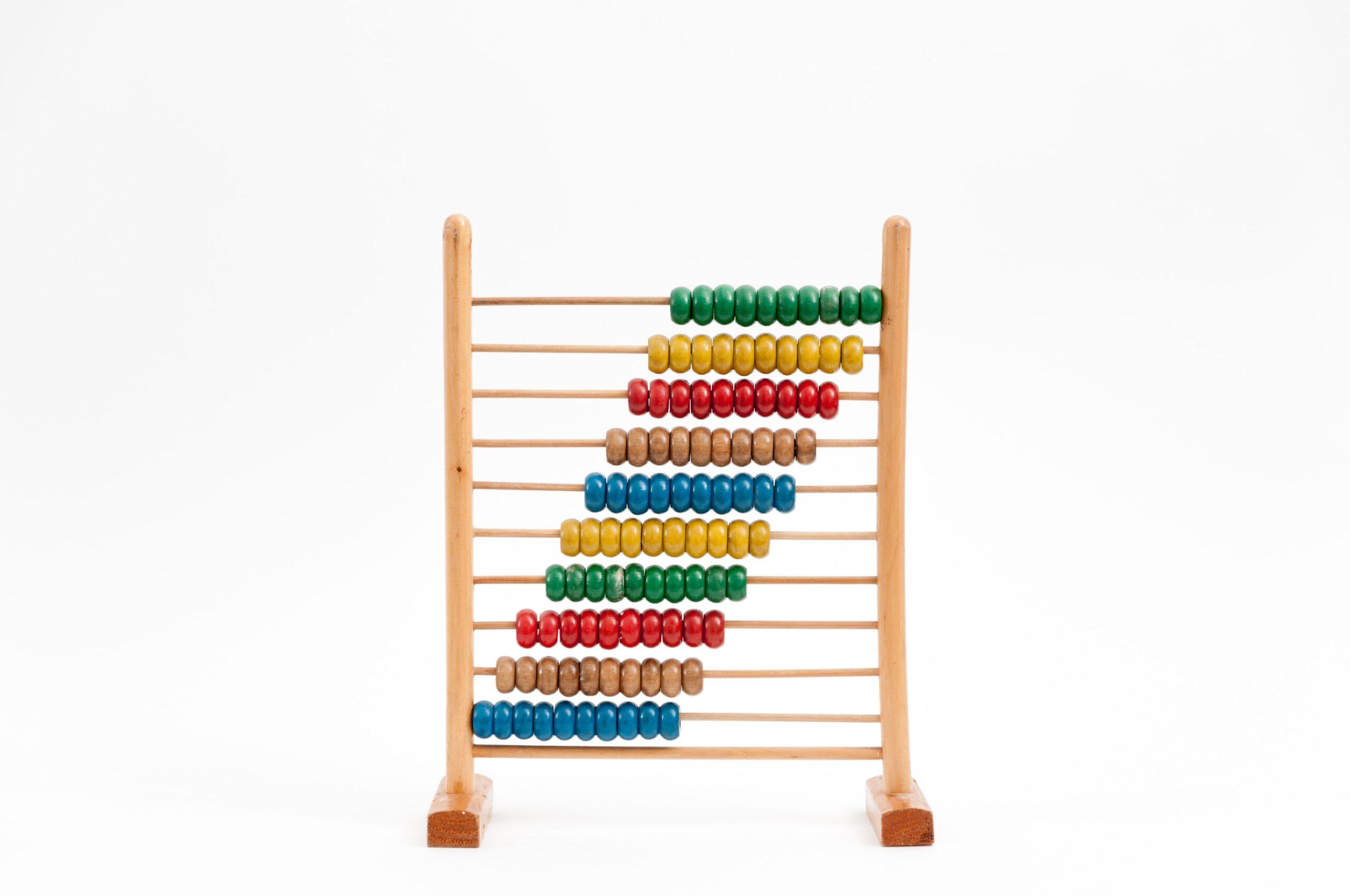In a study of more than 170,000 students, conducted throughout several years, the Fordham Institute found that children in the 3rd grade performing in the bottom third in reading and math had a less than 1 percent chance of ever becoming high achievers. Average students in grade 3— those performing in the 40-60 percentile— had less than 5 percent chance of becoming high achievers in high school.
This study supports what many of us believe: When kids fall behind, it’s hard for them to catch up. When children are in grades k-3, they spend time learning essential core skills needed to get to higher levels of learning. Most of these skills need repetition, patience and time. Take learning to read, for example. This is a task that requires hours of practice. In grade 4, though, students move from learning to read to reading to learn. Therefore, kids that are still behind in their reading skills may start to slide. The same argument can be brought to learning basic math facts.
It’s important parents stay involved in their child’s academics. During the preschool years, parents should read to their children, play learning games with them and generally take the lead in their early education. According to researchers, though, it is parental involvement in a child’s academic life that really affects a student’s performance. Kids start kindergarten with different backgrounds and skill levels. Schools do not have the resources to individualize instruction for each child. The time constrains and curricular pressures of busy school days often do not permit for the learning needs, often repetitive in nature, of early elementary school students. It’s up to parents to ensure that their kids are learning to their potential during these critical years.
There are three skills your child really needs in order to succeed in kindergarten through 3rd grade. The first skill is reading, which enables almost all other knowledge acquisition. Kids who fall behind in reading tend to stay behind because they lack the toolset to learn effectively.
Numeracy, or basic math skills, is the second. Math, far more than any other subject, builds upon itself. Counting leads to addition, which leads to multiplication and so on. Kids who have poor basic math skills find themselves struggling more each year and often develop math anxiety.
Lastly, kids need efficient study skills to succeed. This is the ability to focus, work independently and overcome challenges. The correlation between academic success and this “self-regulation” ability has been established in many studies.
Making learning outside of the classroom a priority is also important. Afterschool learning should not eat up loads of time, but it should be a daily activity. This is a period when kids can focus on strengthening the skills they have not had a chance to repeat at school. Giving kids the opportunity to exercise core reading and math skills for 20-30 minutes a day helps them to find areas on which they need to focus.
Stuck on where to start implementing afterschool learning? Parents know their children best, so combine their interests with the learning needs you and your teacher have identified. Variety is the spice of life, and the same goes for learning. Surround your kids with educational materials and provide options from which to pick and choose, such as magazines, books, worksheets or online programs.
Tips for Online Education Navigation
The Internet offers a multitude of learning resources with varying degrees of effectiveness. Here are some pointers to get the most out of your experience.
- Be sure the educational content outweighs the entertainment content and that the programs are curricula-based.
- Opt for sites that personalize and adopt to your child’s learning needs, rather than provide straight grade options.
- Look for resources with good reporting tools to track your kid’s progress.
- Ensure the focus is on the core subject and is geared toward early elementary users.
- Use simple interfaces and efficient audio instructions, which allow your kids to work independently.
- Choose programs that select lessons for your child and allows him to interact with the content, even at the tutorial stage.
- Make sure lessons are delivered in “bite-size” chunks.




